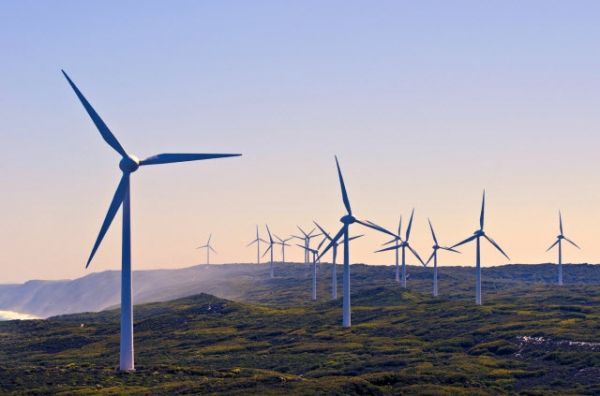Access to affordable, reliable and sustainable energy across the globe is one of the 2030 targets of the United Nations. Wind plays a prominent role in the solution of increasing renewable energy, in part through the use of wind turbines. Drs. Raktim Bhattacharya and Robert Skelton in the Department of Aerospace Engineering at Texas A&M University are contributing to a solution by providing the means to build larger, lighter blades for the turbines using tensegrity principles with a $375,000 grant from the National Science Foundation.
The goal of their research is to develop a suite of theoretical and computational tools for the design of high strength-to-weight wind turbine blades with custom aeroelastic properties that are critical for deploying large wind turbine blades.
Wind power is one of the fastest-growing sources of new electricity supply and the largest source of new renewable power generation. The wind power industry is moving to offshore sites where larger wind turbines can be deployed. As the rotors become larger, the blades must become longer, but remain lightweight, strong and stiff.
Continue reading at Texas A&M University
Image via Getty Images


